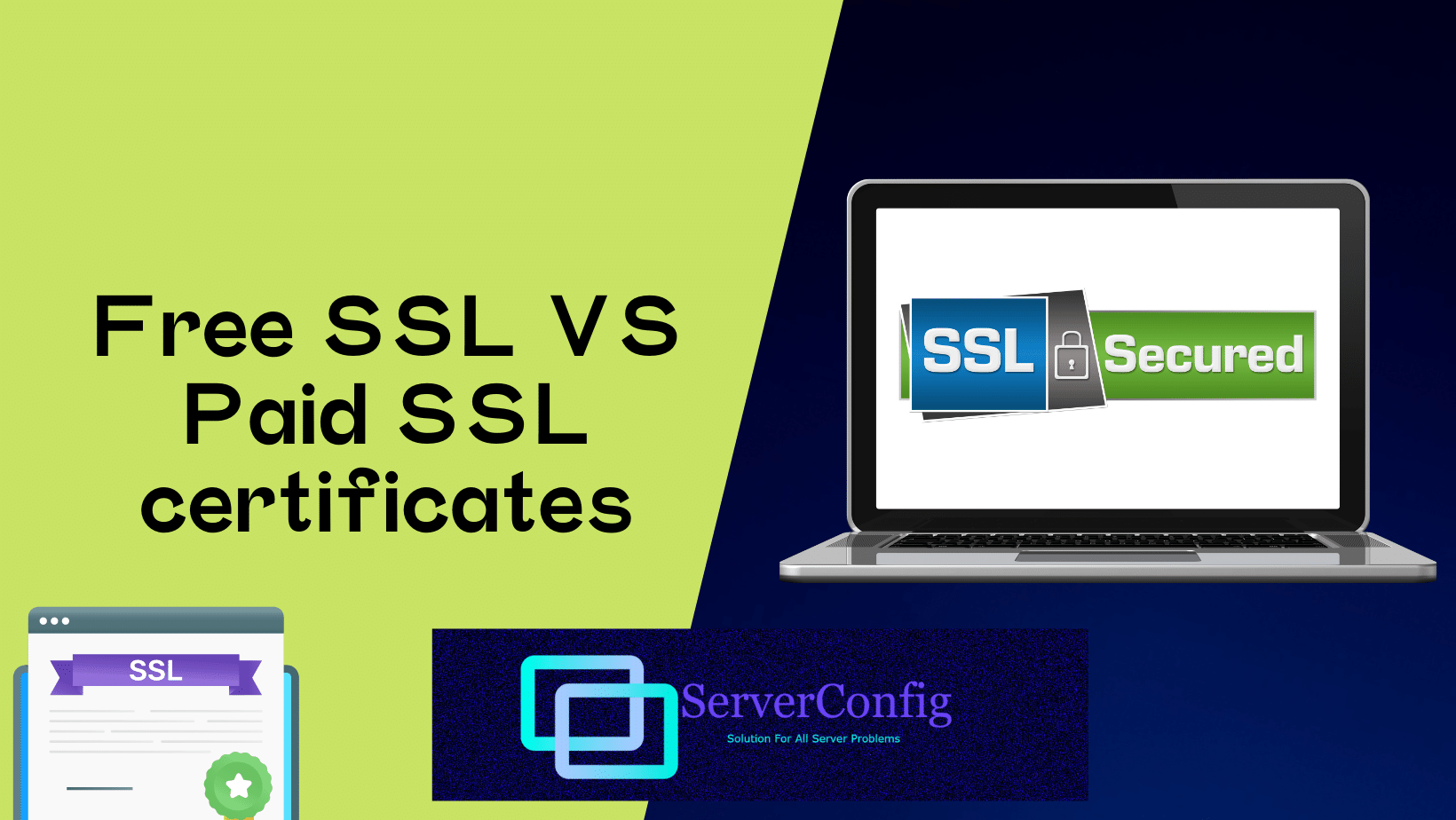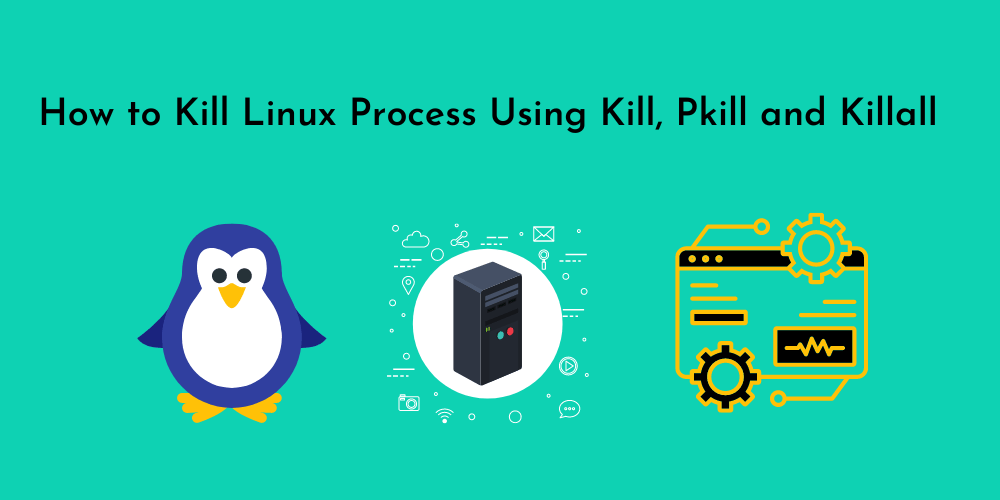Paid vs Free SSL: Planning to the new website for your business and not sure which SSL you should choose between paid SSL and free SSL.
SSL certificates are now a requirement for all websites. The browsers – led by Google and Mozilla – mandate that all websites are served encrypted via HTTPS. To accomplish this transition, browsers created a new security notice.
Non-SSL Websites
Whenever someone tries to access an unsecured website with HTTP: // before the address, every block of information sent to the website is transmitted in plain text and without encryption. So if someone with access to your ISP and computer connects to your WiFi network, they will have access to all the data transmitted on your network, including your passwords.
This is one of the main reasons behind the steady rise in hacking and other phishing activities. This can be avoided by using SSL certificates and it will not only secure your website but also have a positive effect on the ranking of your web pages.
What is an SSL certificate?
Secure Sockets Layer (SSL) is primarily a protocol designed to protect the transfer of confidential information over the Internet. An SSL certificate serves as a powerful tool for protecting the website and automatically encrypts information throughout the website. The SSL Protocol X.509 encrypts communications between servers and clients using standard-compliant certificates. In addition, SSL certificates guarantee the integrity of information using the public key method.
How does SSL Works Example?
Whenever you make an online transaction, your information is transmitted through various systems and servers until it reaches its destination. Therefore, all confidential information such as your name, password and bank account details can be viewed by all intermediary server operators. To avoid such security breaches, SSL certificates are used. These SSL protocols encode information and make it unreadable to all other servers. Eventually, the information is decoded on the recipient’s server and your data is securely transferred.
A website that uses an SSL certificate displays a green padlock with the letter “https” in the URL.

- Improve website safety and trust
- Get Website Rank in Google
- Legitimize your website
- Prove the identity of the server
- Avoid malware and phishing
- Prevent Phishing Mitigation
- Encrypt information
- Increase the time of your web visits
- Prevent Man-In-The-Middle content hijacking
- Increase sales and SERP positioning
- Get marked as a safe website by browsers
- Soon browsers will start penalizing HTTP sites
Paid vs Free SSL
Having an SSL certificate is good for a website. If your website does not have an SSL certificate, search engines will automatically discard it. For this reason, you should start using SSL protection on your website.
In offering the service, there are free and paid SSL certificates. So what are the basic differences between free and paid SSL certificates?
Let’s find out! Paid vs Free SSL
| Features | Free SSL | Paid SSL |
| Encrypted Information | No | Yes |
| Possibility to select the type of certificate | No | Yes |
| Automatic renewal | No | Yes |
| Validity Period | 90 Days | 1-2 Years |
| Domain Validation | Yes | Yes (Company Validation, Extended Validation) |
| Improved SEO Ranking | Yes | Yes |
| Domain Ownership | Yes | Yes |
| 24*7*365 Customer Support | No | Yes |
| 256-Bit Encryption | Yes | Yes |
| 2048-Bit Signature Key | Yes | Yes |
| PCI Compliant | No | Yes |
| Visitors Trust & Credibility | Yes | Yes |
| Ideal For | Individual sites, blogging websites, small Ecommerce Business | Medium or large businesses, e-Commerce sites |
| Price | $0 | Starts from $17.00/yr |
- Money-Back Guarantee: Paid certificates provide insurance of around $10,000 or more for theft or other accidents. While free SSL certificate providers do not guarantee or pay any kind of compensation after installing the certificate.
- Website Validation: Paid SSL certificates include site checks and examine the company-wide reputation and past activities. Free SSL Certificates only verify a website’s domain name, even without verifying the possibility of company verification or advanced verification.
- Monitoring: Free SSL certificates require close monitoring as they often expire. Also, you need enough technical knowledge to install a free SSL. On the contrary, paid SSL certificates are automatically updated and you don’t need their operations all the time.
- Trust Factor: Most search engines and browsers do not trust free SSL Certificates and show a warning “Not a secure site”, which makes it difficult for users to access the site.
So is it worth having an SSL security certificate?
The Answer is yes
Having a website with SSL protection is good in all respects as it will tell Google that your website is safe and recommend it to visitors. This will improve your ranking on the search engine and you will have a better chance of reaching your target audience. Furthermore, the SSL certificate is a digital signature of your website and encrypts all user connections to your platform.
Conclusion
SSL certificates are the best way to protect our sites, and over the last decade, they’ve also gained a lot of support from search engines.




















No Comments
Leave a comment Cancel